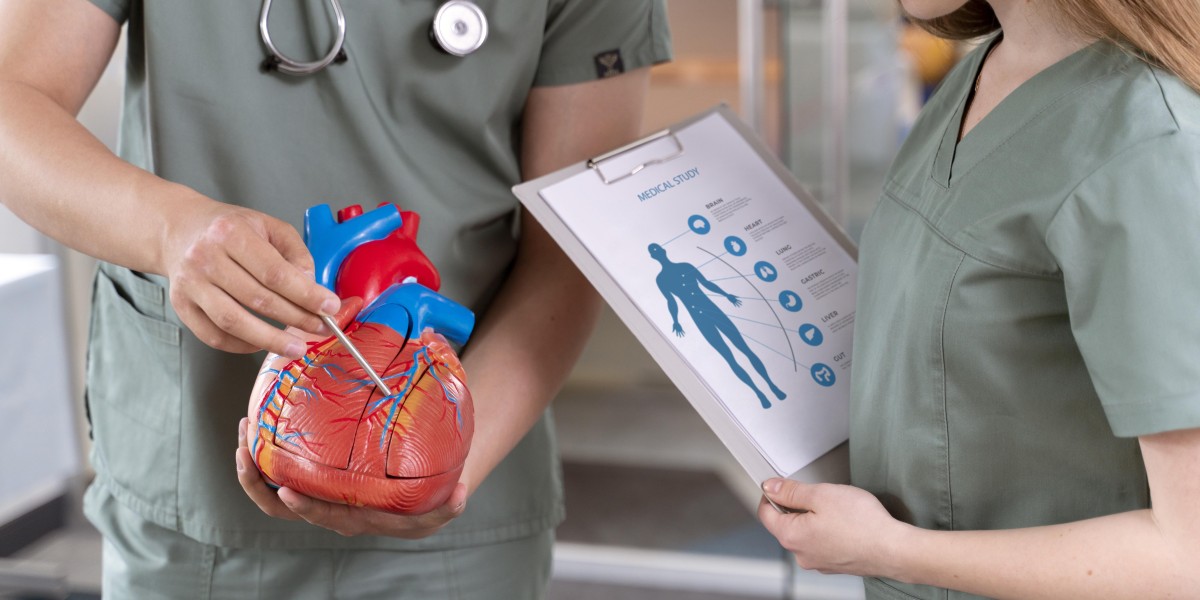Your heart really is the engine that keeps everything else running, and looking after it isn’t something most of us can afford to put off. With heart-related conditions on the rise, it feels like the role of a cardiologist has never been more central. A cardiologist, at the simplest level, is a doctor who specializes in keeping your heart and blood vessels working properly. That might mean helping someone manage stubborn high blood pressure, guiding a patient through lifestyle changes, or stepping in with advanced procedures when things get critical.
The Changing Role of Cardiologists
Cardiology today looks very different from even twenty years ago. These specialists aren’t just sitting across the table doing routine checkups anymore. They’re often working with technologies that, frankly, sound like something out of science fiction high-resolution MRIs, CT scans that pick up the tiniest issues, or ultrasound tools that show the heart in motion.
Imaging tools like echocardiograms and CT scans catch problems earlier than ever.
Less invasive procedures such as angioplasty and stent placement mean shorter hospital stays and quicker recoveries.
Emergency support is now a round-the-clock reality, with cardiac units ready to respond the moment a heart attack strikes.
Rehabilitation programs don’t just patch people up but teach them how to exercise, eat better, and live with more confidence.
It’s fair to say cardiologists today are less about one-off treatments and more about walking with you over the long haul.
Signs You May Need a Cardiologist
Most of us wait too long before picking up the phone, often chalking symptoms up to stress, age, or “just being tired.” The truth is, early conversations with a specialist can save a lot of heartache literally. Some signs that should make you pause include:
Pressure or pain in the chest that doesn’t feel normal
Shortness of breath even when you’re barely moving
Blood pressure that stays high no matter what you do
Heartbeats that race or skip in ways that don’t feel right
Persistent swelling in your ankles or feet
If heart disease runs in your family or if you’re dealing with diabetes or weight struggles it may be worth setting up regular check-ins even before symptoms show up. Prevention, as the saying goes, is far easier than a cure.
Choosing the Right Cardiologist
This part can feel overwhelming. After all, how do you know if a doctor is the right one for you? The first thing many people look at is credentials, board certification and years of practice do tell you something about their expertise. But that’s only part of the picture.
You’ll also want to think about what kind of help you need. For instance, if you’ve had rhythm issues, you may want an electrophysiologist (a cardiologist who specializes in arrhythmias). Someone dealing with blocked arteries might need an interventional cardiologist. On the flip side, if your focus is preventing trouble down the road, a preventive cardiologist may make more sense.
The hospital or clinic itself matters too. Do they have modern imaging machines? A cardiac care unit for emergencies? Rehabilitation support if you need it? These questions may sound like details now, but they make all the difference when you’re in the thick of treatment.
And then there’s communication. It’s not talked about enough, but a good cardiologist should actually listen, explain your options without drowning you in jargon, and help you feel like you’re part of the decision, not just a passenger.
Sure, online reviews and word of mouth recommendations can’t tell you everything, but they do offer hints about how patients actually feel once they’ve been under that doctor’s care. Practical details matter too things like how easy it is to reach the hospital, whether emergency care is available around the clock, and how well follow up is handled.
Connecting the Dots
If you’re in Kerala and looking for trusted care, Sunrise Hospital may be one of the places worth considering. People often mention it when talking about the Best Cardiologist in Kottayam, and for good reason.Their heart department doesn’t just handle complex treatments. It does it all, including treating hypertension and providing preventive care; treating life-threatening conditions and overseeing the recovery process. Knowing that kind of support is available can take a huge weight off your mind.
Final Thoughts
At the end of the day, choosing a cardiologist is less about ticking boxes and more about trust. You want someone who has the training, yes, but also someone who can guide you through one of the most personal aspects of your health your heart. Modern cardiology isn’t just about crisis response anymore; it’s about prevention, daily care, and giving people the tools to live well.
Your heart, quite literally, keeps you going. Choosing the right person to care for it may be one of the most important health decisions you’ll ever make.






